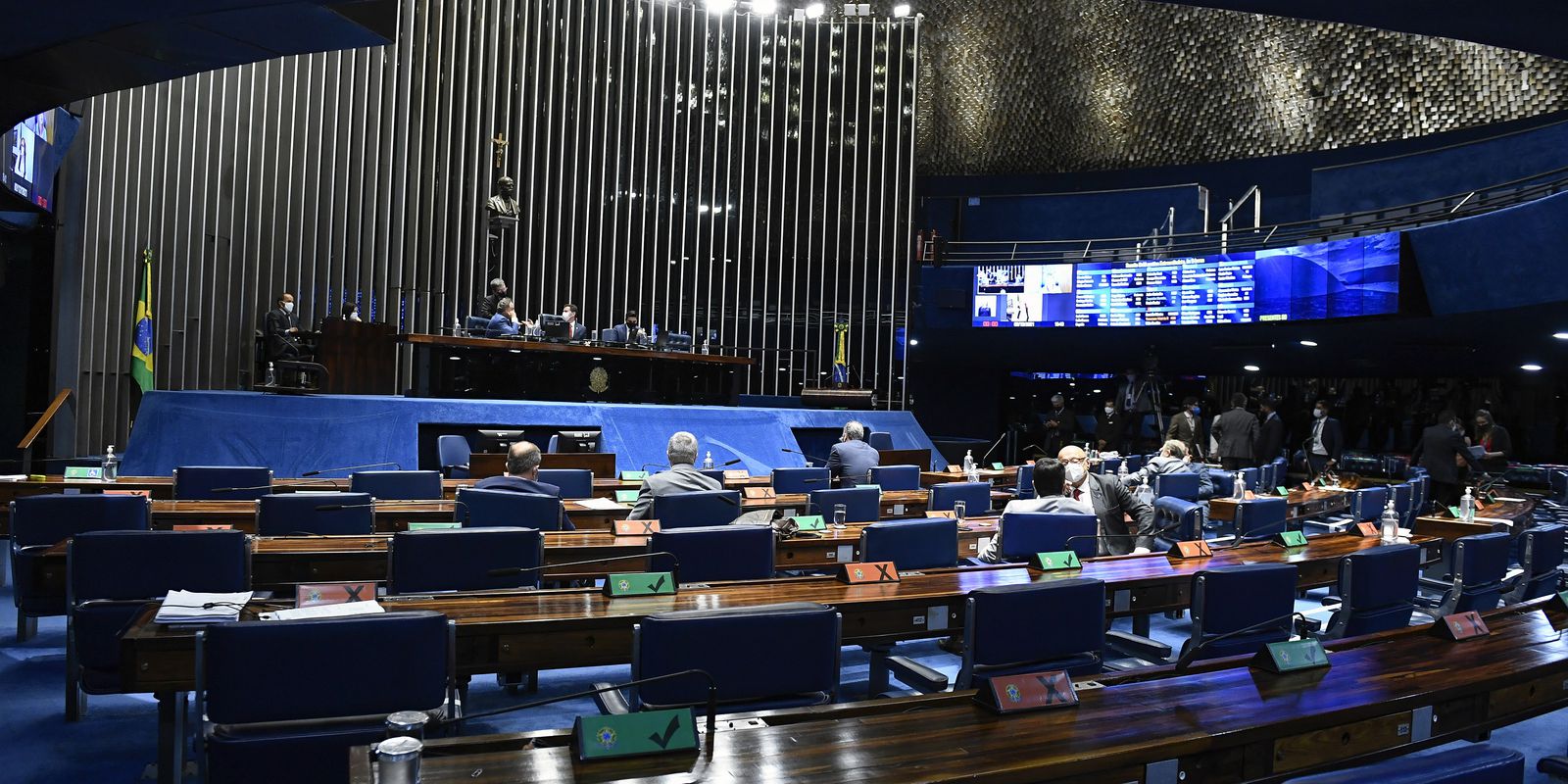The Senate approved in the second round the Proposal for Amendment to the Constitution (PEC) of the Solidarity Economy. The PEC includes the solidarity economy among the principles of the constitutional economic order. The proposal has an income redistribution bias in the production and consumption process. The principles of the solidarity economy are self-management, democracy, solidarity, cooperation, respect for nature, fair trade and solidarity consumption.
The PEC had already been approved in the first round of the Senate in December last year. Now, on to the Chamber. The basis of the solidarity economy are collective enterprises (association, cooperative, informal group and mercantile society). Currently, in Brazil, there are about 30,000 solidarity enterprises in various sectors of the economy that generate income for more than 2 million people.
In his report, Senator Alessandro Vieira (Cidadania-SE) said that the solidarity economy movement aimed to fight poverty and unemployment generated by the economic crisis that hit Brazil in the 1980s.
“Over time, the solidarity economy movement has become a development model that not only promotes social inclusion, but also constitutes an alternative to exacerbated individualism,” Vieira said in his report.
According to the senator, there are currently around 30,000 solidarity enterprises in Brazil, in various sectors of the economy, which generate income for more than 2 million people. “It is therefore necessary to promote the solidarity economy through public policies, which will be facilitated by its inscription among the principles of the economic order contained in Art. 170 of our Constitution”, concluded the rapporteur.
















